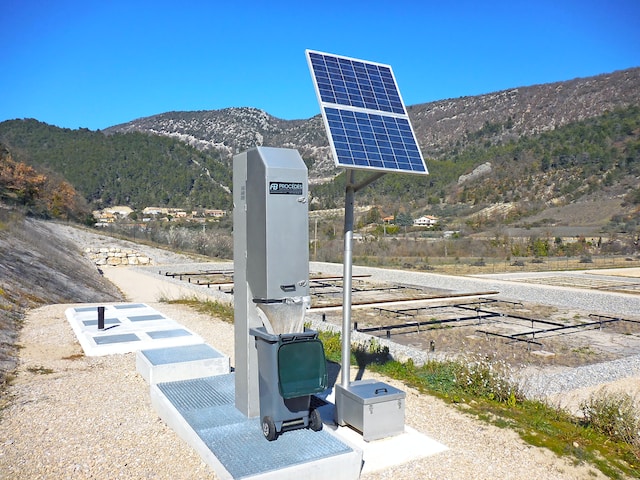
How Much Do Solar Panels Save on Electricity Bills?
One of the most effective methods to reduce your monthly electric cost is using solar energy to generate electricity. But how much do solar panels save on electricity bills?
Some factors, including the hours of sunlight in your area and local energy tariffs, determine the savings you gain from solar power. A domestic solar system may pay for itself in eight to twelve years.
Cost
The cost of solar panels varies according to location, energy use, panel quality, and financing choices. According to the Center for Sustainable Energy, a typical 5-kilowatt system costs between $15,000 and USD 25,000.
Electricity costs are variable, and utility rates rise annually. Solar panels, on the other hand, can save you money on power bills over time because they produce energy at a constant rate.
Solar panel prices vary depending on location, energy use, panel quality, and financing options. According to the Center for Sustainable Energy, an average 5-kilowatt system costs between $15,000 and $25,000.
In addition to net metering, you can get lower rates for aligning your energy usage around peak and off-peak hours by signing up for a time-of-use plan. The savings vary by state, but they can be substantial.
One way to reduce your solar system’s cost is to compare shops for panel installers. You should get at least three quotes from different companies and ensure each quote is in writing.
Another way to lower the cost of your solar system is to finance it with a loan. These loans generally have lower interest rates than cash purchases, and you can pay them off over time. It’s also easier to estimate how much you’ll save on your electricity bill with a loan than with cash because you don’t have the upfront cost of buying the solar system.
Energy Savings
When a solar panel system is installed in a home, it produces energy from the sun that is then exported back to the grid. This reduces electricity demand and cuts pollution from your local power plant while also reducing your electric bill.
The money you save on your electricity bills will depend on your solar system’s size and energy consumption. Typically, the more powerful your system is, the more savings you will experience.
In addition, the size of your solar panels will affect how much electricity you produce and how many kilowatt-hours (kWh) you can sell to the grid. You may estimate the maximum kWh that your system can produce using a solar calculator.
Another factor that affects the amount of energy produced by a solar panel is the orientation of the panels. Ideally, they should be tilted toward the sun to receive the full benefits of its radiation.
While most solar systems are designed to last 20 years or more with little change in output, periodic maintenance is needed to keep them working optimally. This involves light cleaning regularly to remove dirt, leaves, and other materials that may prevent sunlight from reaching your panels.
If your solar installation is part of a community solar program, you may be eligible for credits on your electricity account for every kWh produced by the system. These credits can be applied to your electricity account or carried forward to the next month.
Tax Credits
The amount you save on your electricity bill depends on several factors, including how much energy your home consumes and your local rates. But in general, homeowners can expect an average savings of 50 to 90 percent from their solar panels, based on state-by-state U.S. Energy Information Administration (EIA) data.
You can also recoup a large portion of your solar system cost through tax credits and other financial incentives. These include many states’ federal residential clean energy credit and net metering policies.
In addition to the tax credits, many states and utilities have renewable energy policies that increase solar customers’ investment returns by boosting their ability to feed excess electricity into the grid. These policies, known as net metering, credit your utility company for the extra power you produce during the day.
For most homeowners, the payback period for a solar panel system is seven years or less under most panels’ 25-year warranties. That leaves at least 18 more years for solar users to invest their savings, and it’s easy to see how installing a system could become a financially sound decision.
Installation
Solar panels produce electricity stored in batteries, reducing grid energy needs. This reduces the costs of electric bills for homeowners and helps reduce the impact of fossil fuels on the environment.
The savings from installing a solar system can range from 50 to 90 percent of your average energy bill. However, the amount you save depends on your local electricity rates, use, and how well your panels capture sunlight.
To determine your average electricity use, you can look at your monthly utility bill and see how many kilowatt hours (kWh) you typically consume. Then, you can calculate the solar panels needed to generate all your electricity needs.
If your house is connected to the utility grid, it may be possible to use excess power your panels produce during the day and send it back to the grid in exchange for credits on your monthly bill. This is called net metering.


















